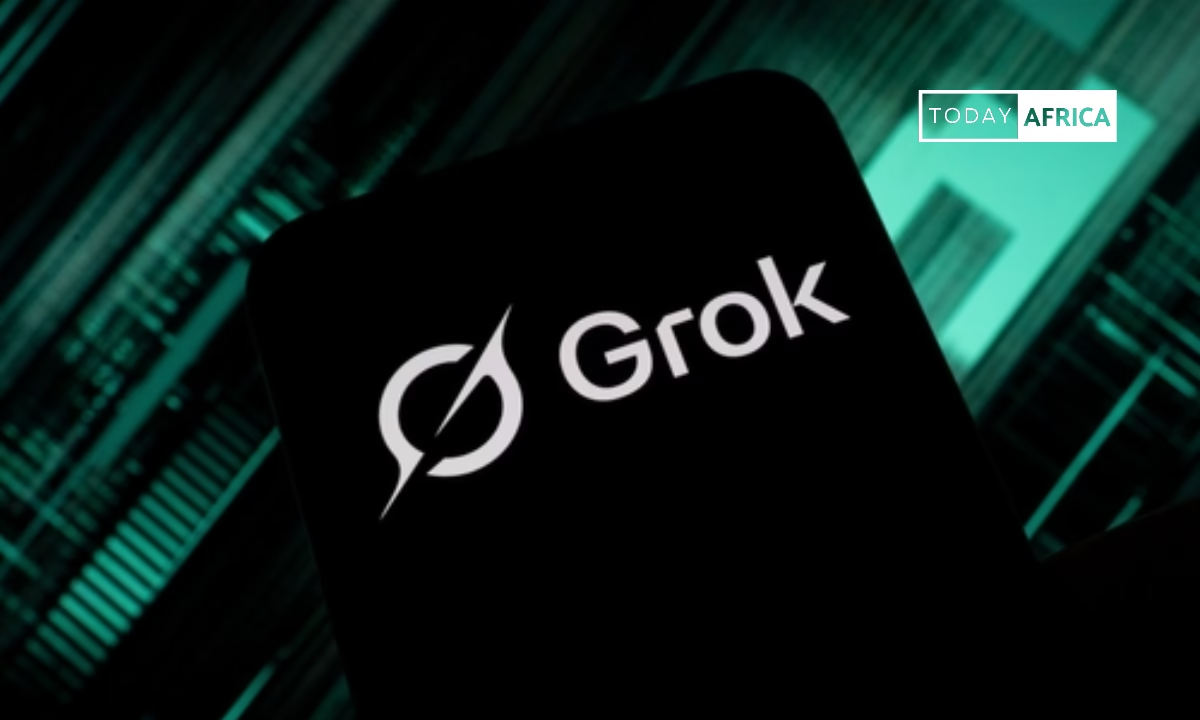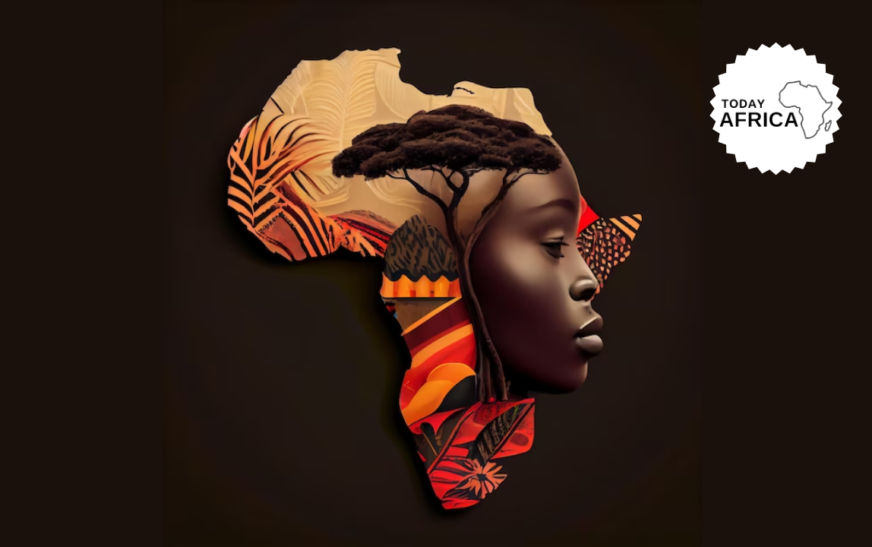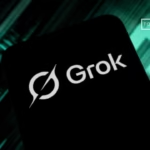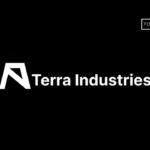Every entrepreneur I know has a moment, sometimes more than one, where they sit back and think, “How am I supposed to pull this off?”
It usually happens late at night, when the idea feels too big and the resources feel too small. And honestly, building a business in Africa comes with its own brand of pressure.
One minute you’re excited about your idea, and the next minute you’re Googling “how to write a business plan” at 2 pm while fighting slow internet.
But here’s the part people don’t talk about enough.
- You don’t need expensive software.
- You don’t need a fancy MacBook.
- And you don’t even need a team at the beginning.
What you really need is a smart start. The kind that helps you stay organized, look professional, track your money, test ideas quickly, and learn as you go.
And thankfully, the entrepreneur’s toolkit has grown so much in the last few years that the average founder has far more support than they realize.
In this article, we’re diving into the best free apps and resources African entrepreneurs are actually using to plan, build, design, launch, and grow.
Let’s get into it.
What is an entrepreneur’s toolkit?
An entrepreneur’s toolkit includes both tangible tools and intangible skills essential for building and growing a business. This can involve a practical guide for navigating business challenges, resources for creating business plans and managing finances, and soft skills like creativity, leadership, and adaptability.
Planning and idea development tools
If you skip the planning stage, you’ll pay for it later. Maybe not immediately, but somewhere down the line you’ll realize you’re building without structure. Planning tools give your idea shape and direction instead of vibes and hope.
Mind mapping and brainstorming
Google Keep
This one feels simple at first, but that’s why it works. It’s the digital equivalent of sticky notes spread across your table. You can color-code ideas, label them, set reminders, and keep your concepts in one place. And since it syncs across all devices, it becomes your unofficial “capture every idea before it disappears” tool.
Miro Free Plan
Miro is like a massive endless board where your thoughts can breathe. Instead of writing ideas in paragraphs, you get to visualize them. You drag in sticky notes, draw lines, connect themes. If you’re building a product or trying to map out customer journeys, this helps your brain see the bigger picture without overthinking it.
Notion (Free Personal Plan)
Think of Notion as your personal headquarters. You can create idea banks, reading lists, research databases, content calendars, and even your pitch notes. Some entrepreneurs literally run half their business operations from Notion. The flexibility is what makes it powerful.
Research and market validation
You can fall in love with your idea all you want, but the market decides everything. Doing research early saves you from spending six months building something nobody wants.
Google Trends
This tool quietly exposes the truth about your idea. You’ll quickly see what people in Lagos or Nairobi or Accra are actually searching for, and whether the demand is growing or going flat. It’s great for comparing different business ideas too.
AnswerThePublic
When you’re trying to understand your customers’ real problems, this tool is gold. It shows the questions people type into search engines, the raw, unfiltered stuff. Those questions often become business ideas, content topics, or product features.
Statista (Free Section)
Data can feel intimidating, but Statista simplifies it. Even the free charts give you insight into African markets, mobile penetration, payment trends, and e-commerce growth. If you’re pitching investors, these stats make you sound more grounded and credible.
Read also: How to Find a Co-founder Who Complements Your Strengths
Branding and design tools
Branding isn’t just colors and logos. It’s how people remember you, how trust is built at first glance, and how your business looks even when you don’t have money for professional design. Thankfully, design tools have become incredibly accessible.
Logo and visual identity creation
Canva Free
If Canva disappeared tomorrow, half of Africa’s small businesses would panic. It gives you templates for everything, logos, flyers, pitch decks, product catalogs, social posts, and even Instagram Reels. And because the interface is simple, you don’t need design training to make something clean and professional.
Looka (Free previews)
Looka doesn’t let you download the full logo for free, but it does help you test different styles. You type in your brand name, choose a few preferences, and it spits out a bunch of directions you can refine or recreate in Canva later.

Color palettes and inspiration
Coolors.co
Color choosing becomes weirdly stressful when you’re building a brand. Coolors feels like cheating. It gives you palettes that look modern and professional. One click, and you have the exact hex codes you need.
This one pulls you into a rabbit hole in a good way. You search for branding inspiration in your industry, and suddenly you have 200 ideas. It’s great when you don’t yet know what vibe you want your brand to have.
Read Also: How to Build a Brand Story from Day One
Productivity and project management
Entrepreneurship demands structure. Not perfection, just structure. And if you don’t give yourself one, you’ll spend half your time wondering what you’re forgetting.
Task and workflow management
Trello
Trello uses simple boards: To Do, Doing, Done. There’s something satisfying about dragging tasks across the board. It keeps you honest. It helps you see what’s stuck, what’s moving, and what you should drop.
Asana Free
If you plan to grow a team, Asana is one of the strongest free tools out there. You assign tasks, track progress, attach notes, and set priorities. It helps teams avoid miscommunication, especially when working remotely.
Notion
Worth repeating because it combines project management with documentation. If you don’t want to juggle multiple apps, Notion becomes your one-stop shop.
Time and focus tools
Clockify
Sometimes you think you’ve worked all day, but Clockify shows you the truth. Tracking your time is eye-opening. You begin to see where your focus leaks and which tasks eat your hours.
Forest
This app gamifies focus. You set a timer, and a tiny tree grows while you work. If you pick up your phone, the tree dies. I know it sounds silly, but it works.
Read Also: Creative Economy: Africa’s Global Soft Power
Finance and accounting tools
Money is where many small businesses stumble. Not because the idea is bad, but because the numbers are messy. Good financial habits early on save you from painful surprises later.
Invoicing and bookkeeping
Wave Accounting
Wave feels like the perfect accountant for startups. You create invoices, track payments, monitor expenses, all without paying a cent. It makes you look professional even when you’re just starting.
Zoho Books Free Plan
The free tier works for microbusinesses. It’s great for managing income and expenses, reconciling accounts, and keeping your books clean for tax season.
Google Forms or Tally Forms
If you’re in the earliest stages, like testing a product, forms can literally serve as your customer and payment tracker. Not glamorous, but extremely useful.
Budgeting and cash flow planning
Google Sheets Templates
You can manage your cash flow, budgeting, pricing calculations, profit margins, and even inventory from Sheets. And because it updates in real-time, it’s great for collaborating with co-founders.
Excel for Web (Free)
If you grew up learning Excel formulas in school, this will feel familiar. It works offline and online, and the basic functions are perfect for small business finances.
Read Also: AfCFTA’s Hidden Opportunities for African Startups
Marketing and content creation
Marketing is what turns your idea into something people actually know about. You don’t need a marketing agency to create good content; you just need solid tools and a bit of consistency.
Social media management
Buffer Free
You plan your posts, set them to publish automatically, and go live your life. Consistency becomes easier.
Meta Business Suite
If your customers live on Instagram or Facebook, this tool becomes essential. You schedule content, analyze performance, reply to messages, and manage ads from one place.
Content creation tools
CapCut
Video content rules today’s internet, and CapCut makes editing quick. You add subtitles, trim clips, remove noise, and create social-ready videos, all from your phone or laptop.
Canva
Carousels, infographics, thumbnails, blog graphics, Canva handles them all. It’s perfect for entrepreneurs who want content that looks sharp without hiring a designer.
Pexels and Unsplash
Stock photos that don’t look like awkward stock photos. A strong visual library, all free.
Communication and collaboration
Clear communication can save projects, teams, and even relationships. Entrepreneurs who communicate well move faster.
Messaging and coordination
WhatsApp Business
In Africa, this is almost non-negotiable. It lets you create product catalogs, send automated messages, label customers, and manage orders. It’s basically a lightweight CRM.
Slack Free Plan
As your team grows, WhatsApp may become chaotic. Slack organizes conversations into channels, helping you separate marketing chat from operations, content, and random jokes.

Video calls and meetings
Google Meet
Simple, free, and reliable for team meetings, sales calls, or onboarding.
Zoom Free
Great for quick strategic calls, workshops, and customer sessions. The time limit forces you to stay concise.
Read also: The Gig Economy in Africa: Opportunity or Exploitation?
Learning and skill development
You don’t have to know everything, but you do need to keep learning. The beautiful part is that so much high-value knowledge is free now.
Free courses and training
YouTube
Sometimes I wonder if we underestimate how powerful YouTube actually is. If you search well, you’ll find entire mini-courses on marketing, finance, coding, design, startup building, and more.
Google Digital Skills for Africa
Google created this specifically for African learners. Courses on analytics, ecommerce, digital marketing, and business growth, all free and quite well structured.
Coursera Free Courses
You don’t get certificates but you do get full access to lectures from top universities. Great for serious self-learners.
African entrepreneur communities
Startup Grind Africa
This gives you access to real founders, community events, mentorship sessions, and insights that feel relatable, not foreign.
Today Africa and Disrupt Africa
These platforms track startup trends, ecosystem growth, and founder stories across the continent. Staying updated is part of becoming a sharper entrepreneur.
Operations and customer support
The best businesses look organized from the outside even when the inside feels chaotic. These tools help you deliver a smooth experience.
Payment and e-commerce tools
Flutterwave Store
Perfect for solo entrepreneurs. In minutes, you have an online store without writing code.
Paystack Payment Pages
Great for consultants, service providers, or people selling one-on-one sessions, digital products, or memberships.
Selar
If you’re selling digital products like ebooks or courses, Selar makes the process seamless. Many African creators rely on it.

Customer feedback and surveys
Google Forms
Quick, easy, and accessible to all. Great for capturing feedback, onboarding responses, or product interest surveys.
Typeform Free
A more beautiful and user-friendly alternative. Customers tend to complete these forms more willingly because the interface feels friendly.
Read also: Exit Strategies for African Startups (What Investors Should Know)
Tech and development tools (for digital founders)
If you’re building a tech product, these tools reduce stress and help you create prototypes or full apps without breaking the bank.
No-code app builders
Glide Apps
You turn a spreadsheet into an app. It feels magical the first time you try it. Excellent for MVPs and prototypes.
Bubble Free
More powerful than Glide, though slightly more complex. Great for building marketplaces, dashboards, or functional app prototypes.
Developer tools
GitHub Free
Version control should never be skipped. GitHub keeps your code safe, organized, and ready for team collaboration.
Figma Free
Design your website or mobile app without writing code. Figma lets you collaborate with team members in real time. Many startups in Africa design entire products on it before touching a single line of code.
Conclusion
If I had to boil everything down, I’d say this: the African entrepreneur’s toolkit isn’t just a list of apps. It’s a reminder that you don’t have to wait for funding or perfect timing before you start building.
You have enough to begin right now.
Start with one tool. Then pick another. Build momentum slowly. Test ideas before pouring money into them. Use the free resources already sitting in front of you.
That’s how the smartest entrepreneurs start, and how they stay ahead.
And if you want more guides like this, deeper breakdowns, or real stories from African founders making things happen, follow Today Africa or subscribe to the newsletter.
We’re building this ecosystem together, step by step, tool by tool.
Leave a comment and follow us on social media for more tips:
- Facebook: Today Africa
- Instagram: Today Africa
- Twitter: Today Africa
- LinkedIn: Today Africa
- YouTube: Today Africa Studio
















